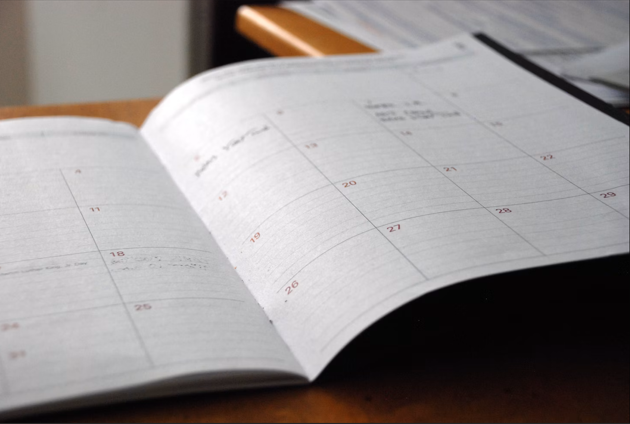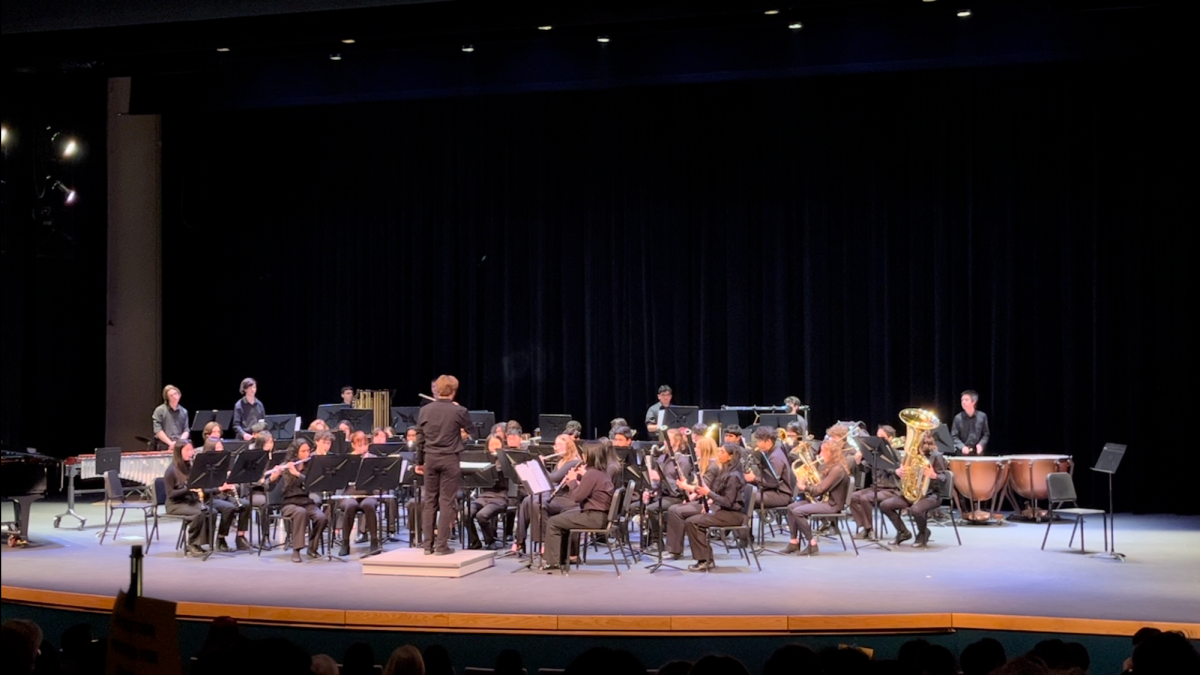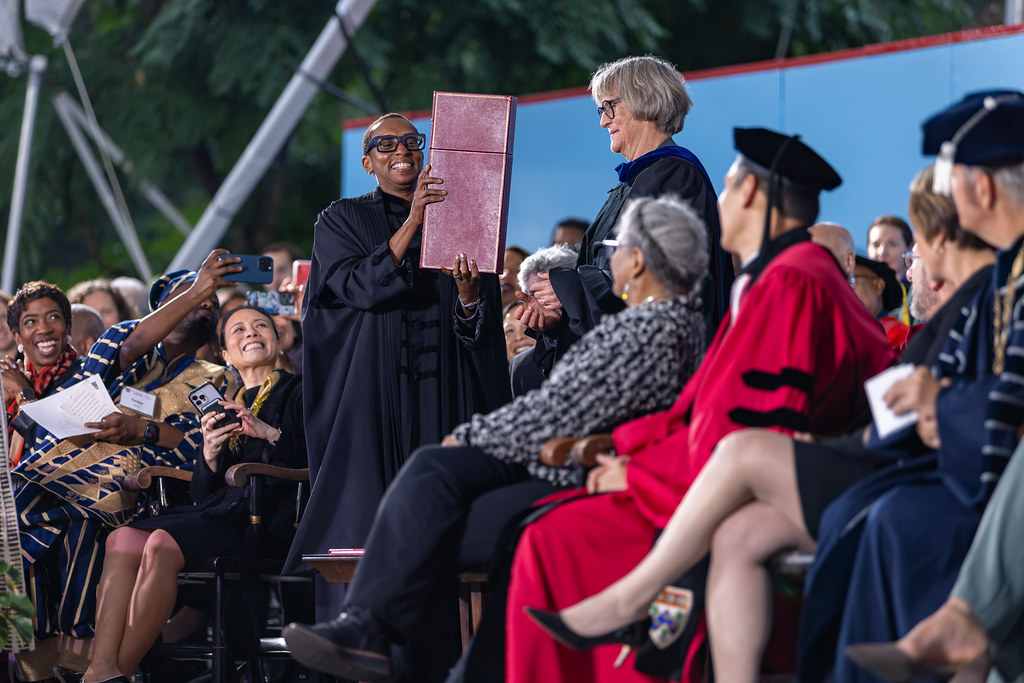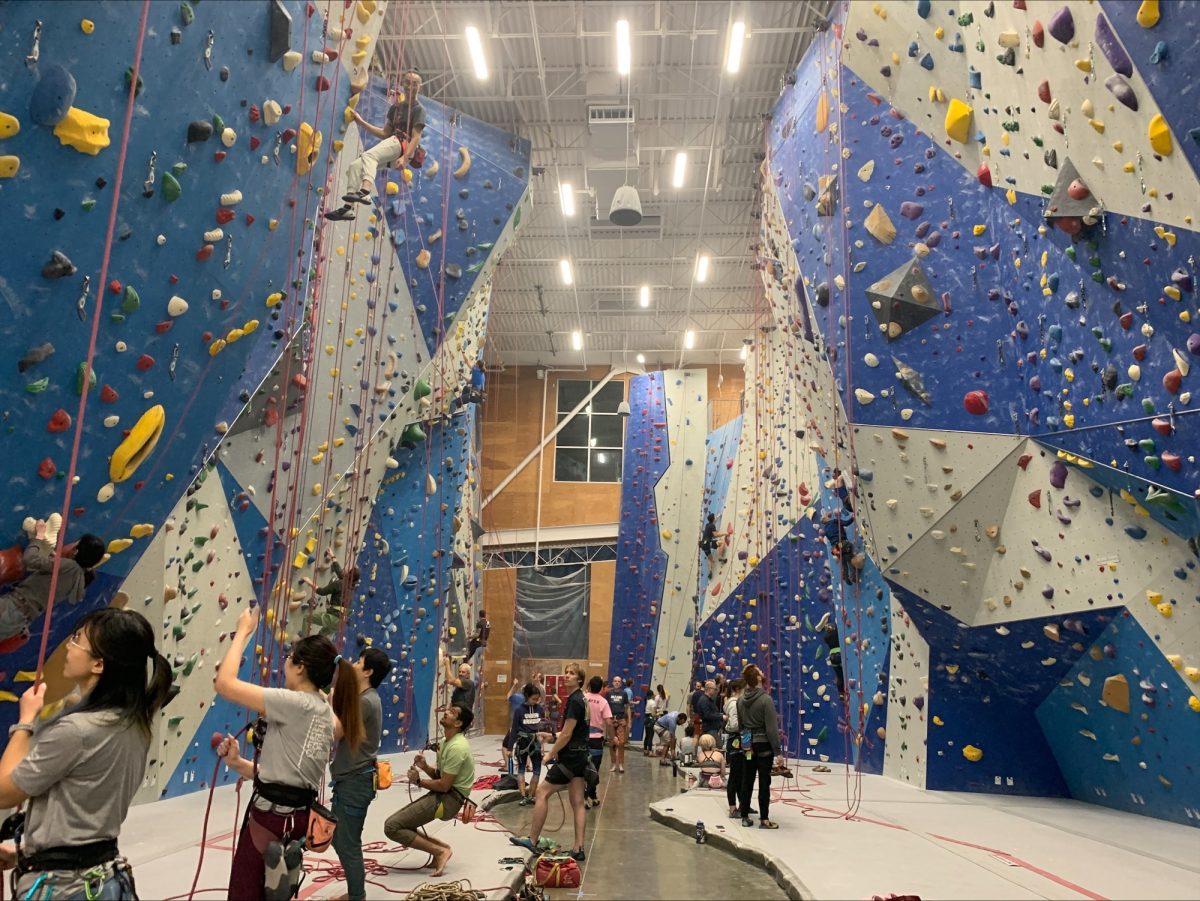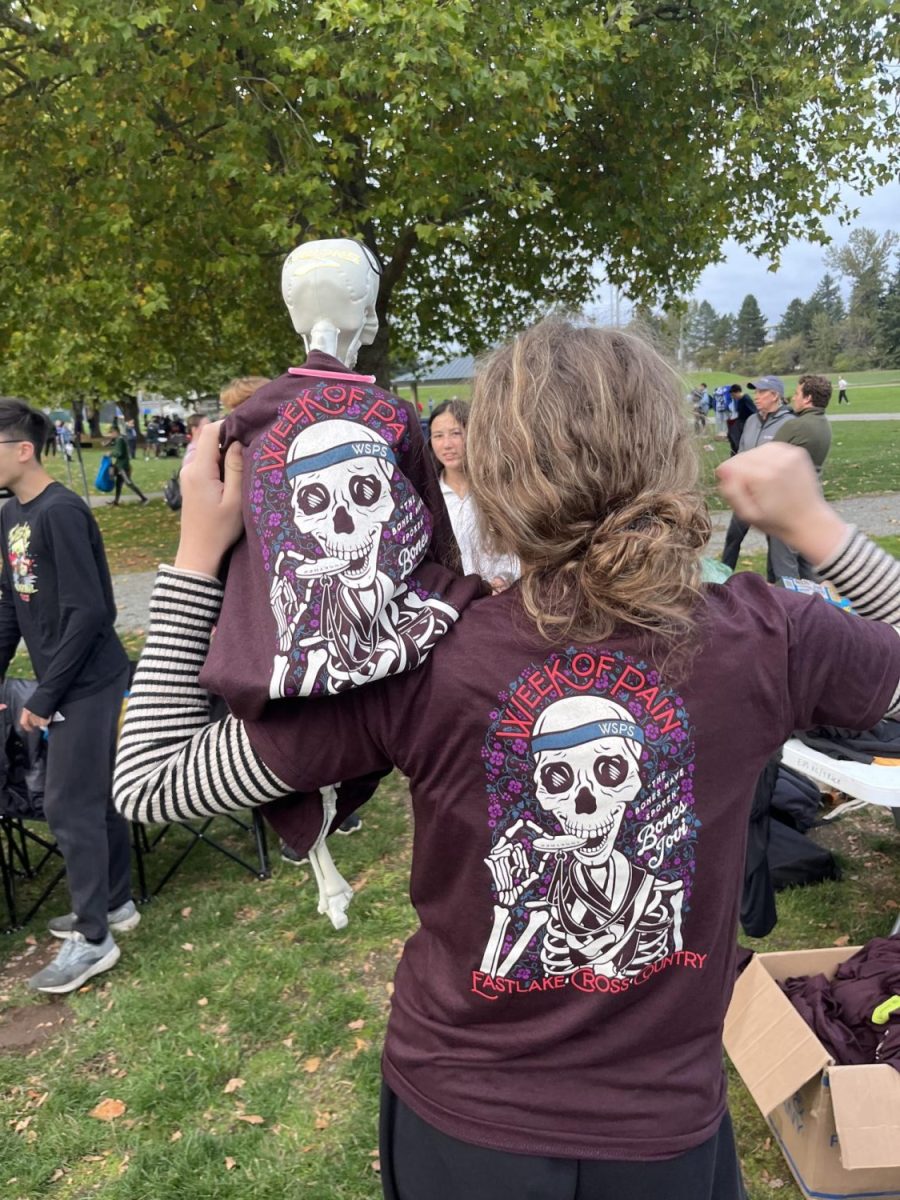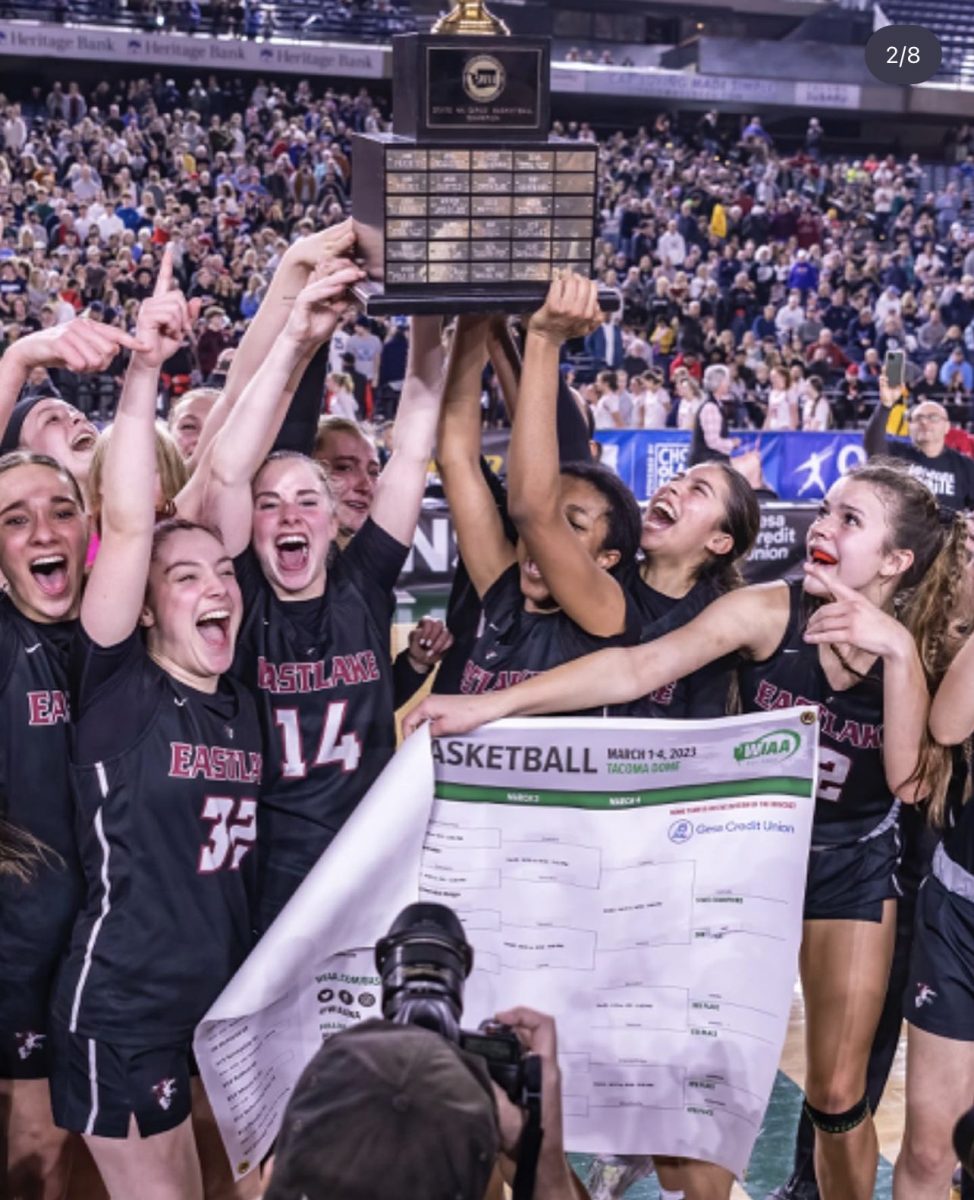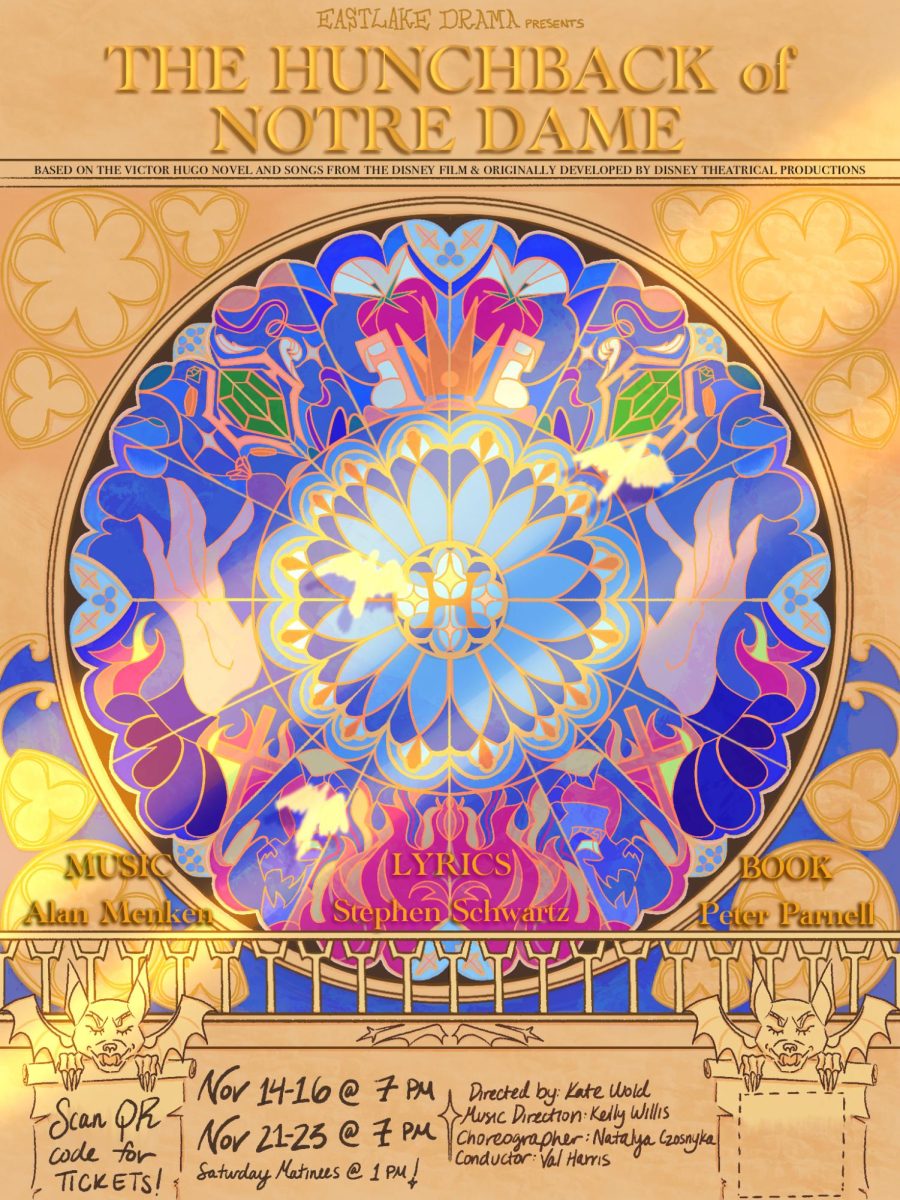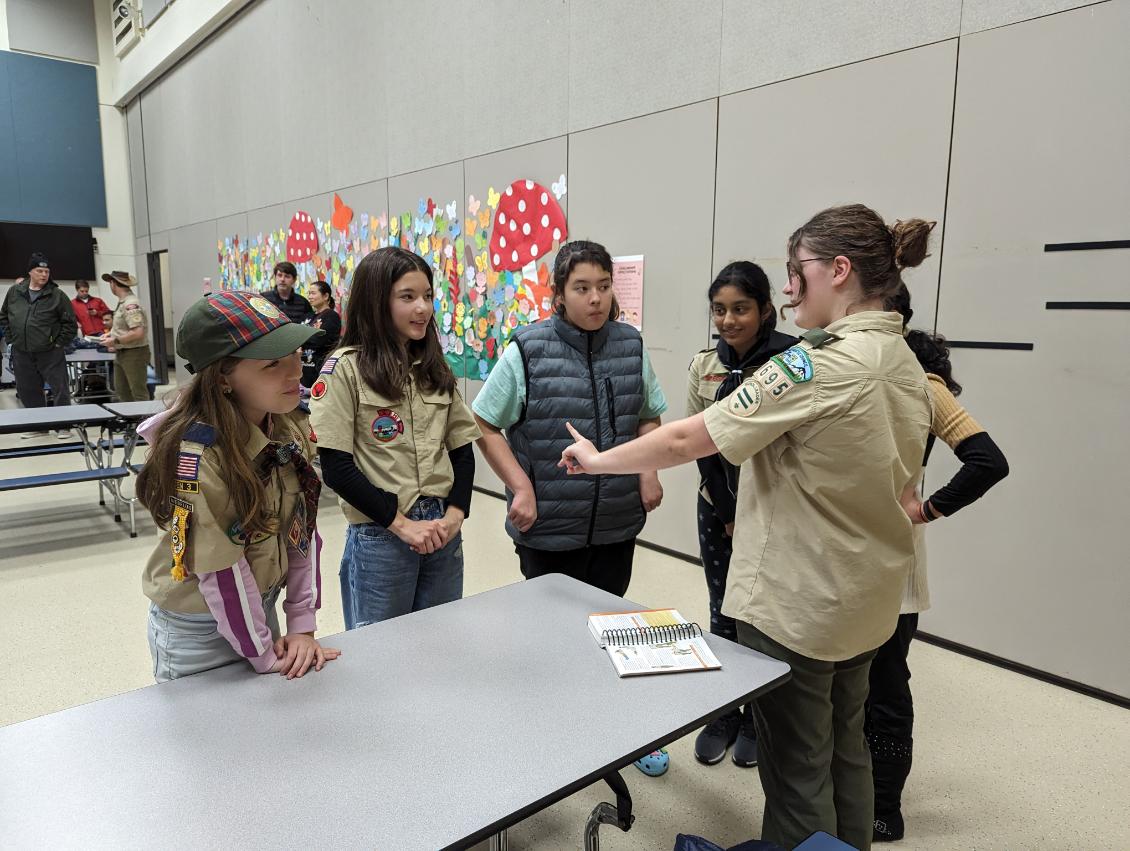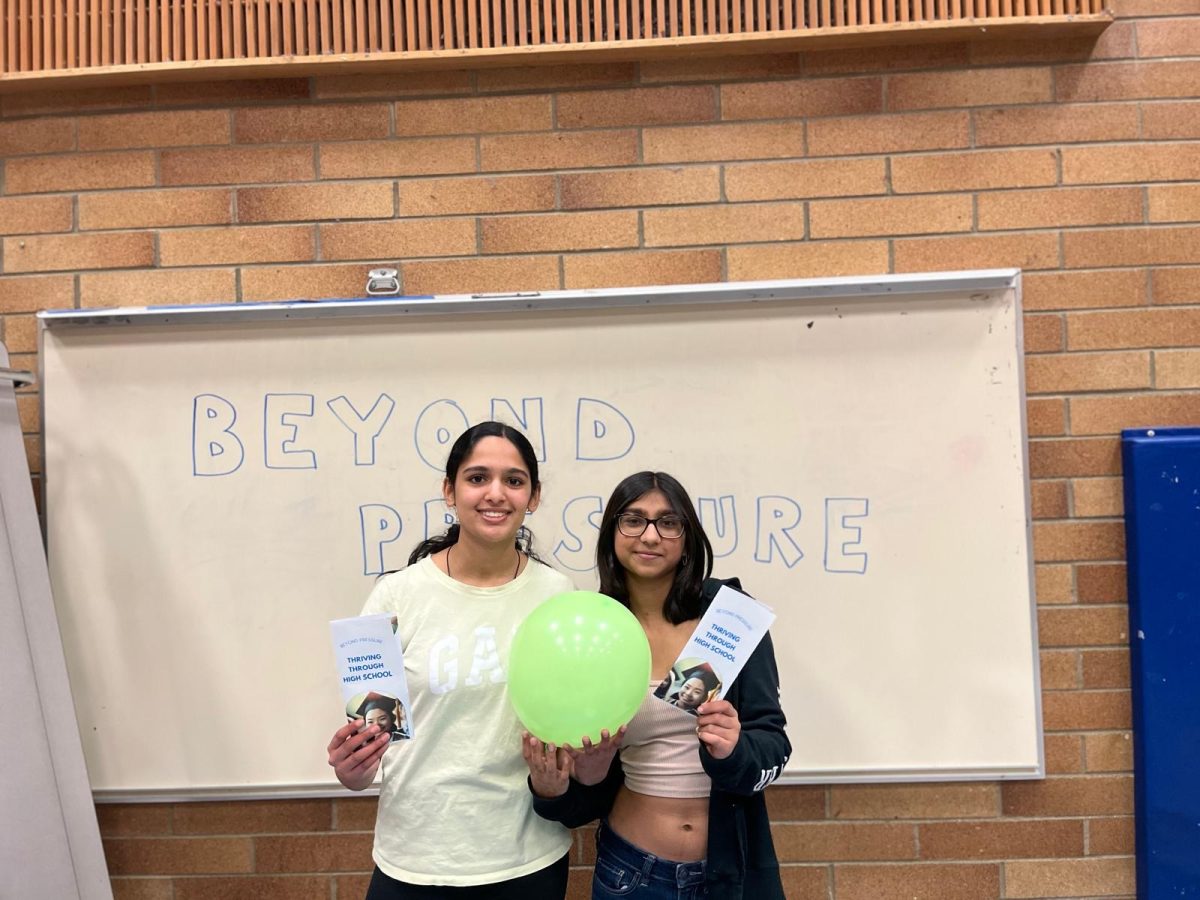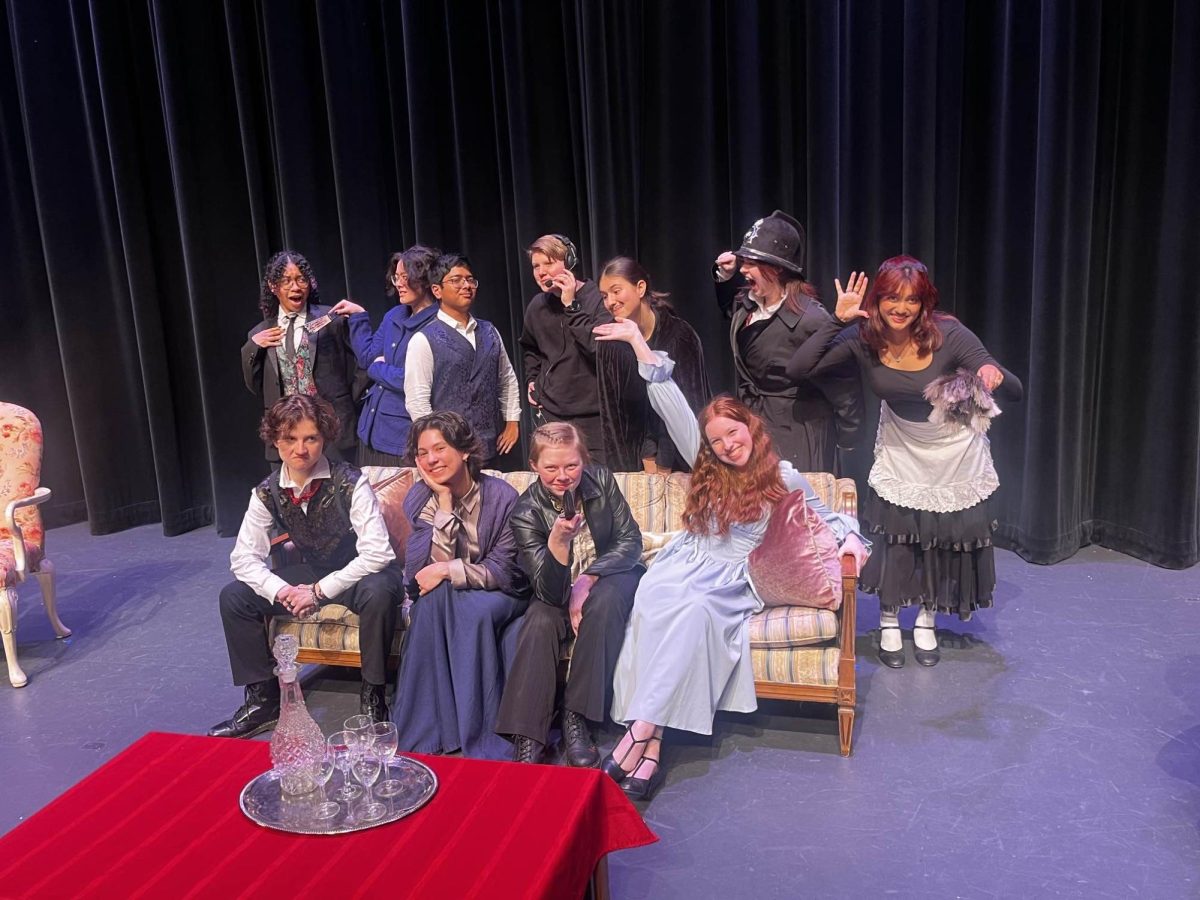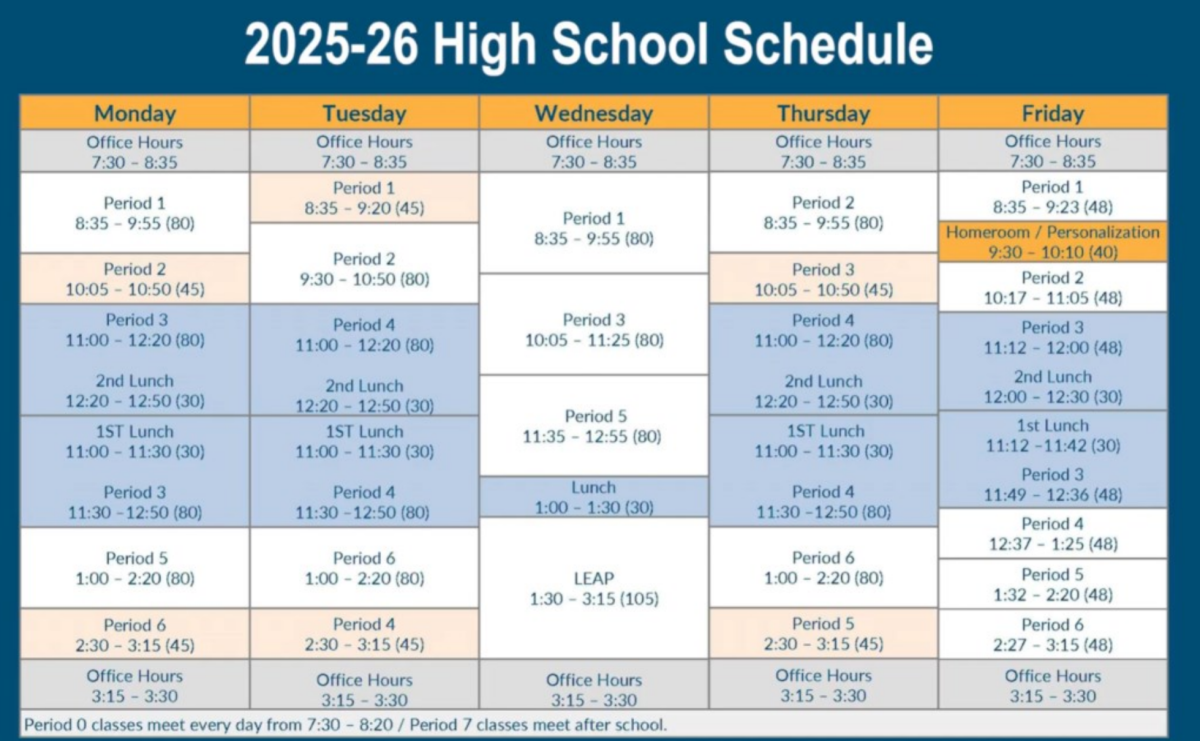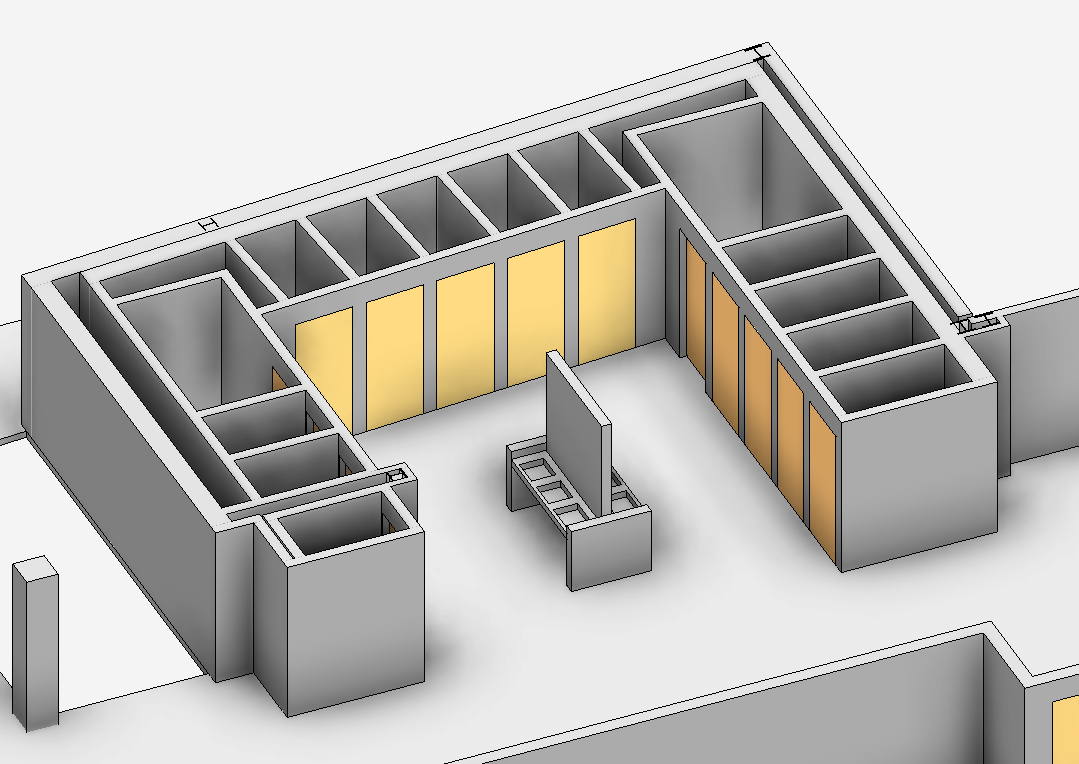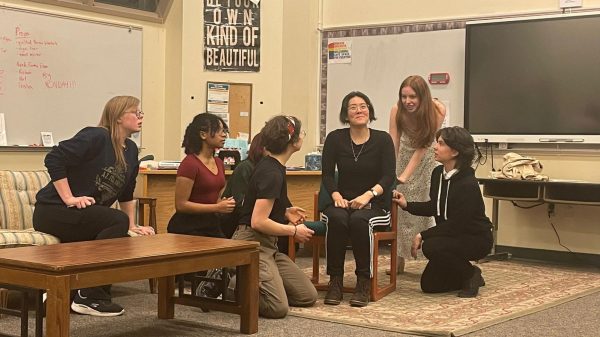
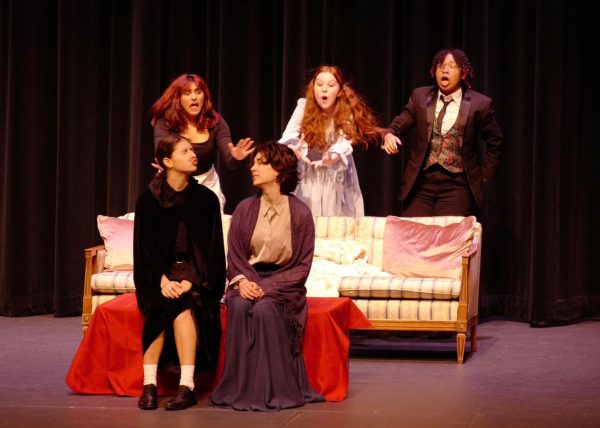

 With the turn of the semester just around the corner, the Eastlake Drama Program is gaining speed in assembling their spring shows. The shows, Puffs (directed by Ms. Wold) and Tartuffe (directed by Mr. Richardson), held auditions and callbacks on Thursday, January 4th with rehearsals taking place the following Monday. The audition process can be long and tedious for anticipatory actors, but they are beneficial in more ways than one. Its purpose is to gauge the skill of the performers and improve the abilities of the auditionees.
With the turn of the semester just around the corner, the Eastlake Drama Program is gaining speed in assembling their spring shows. The shows, Puffs (directed by Ms. Wold) and Tartuffe (directed by Mr. Richardson), held auditions and callbacks on Thursday, January 4th with rehearsals taking place the following Monday. The audition process can be long and tedious for anticipatory actors, but they are beneficial in more ways than one. Its purpose is to gauge the skill of the performers and improve the abilities of the auditionees.
Auditions, in their strictest sense, are an illustration of which actors have the skill sets needed to perform in a specific show. Akiko Gietzel (’27), a student currently cast in Puffs, confirms this by stating that auditions are beneficial to see “who was prepared to do their audition…and who has the drive [to perform in the show].”
Actors go up one at a time to perform their song or monologue to an array of staff. While watching the auditionees, Ms. Wold, the director of the season’s Puffs, says that she also, “…watch[es] for potential and [looks to see] if someone is having fun onstage.” This, on top of creating her list for callbacks, is the driving purpose of auditions.
But Charlie Flegel (’26) states that the audition process goes beyond that and is helpful for the rest of his performance. He says, “It’s very nerve-wracking getting up on stage, but once you start [your audition], it gets easier… [I’ve lost] a fear of rejection.” The pressure the auditions put on the actors is an underlying test that allows directors and casting to see, not only how well the actors perform, but also the degree of commitment and preparedness the actors will pledge to the show.
Audition Materials:
Watching actors recite their pieces can be fun, but how does casting know which roles to call a student back for? The material that actors use in their audition is a big factor in this decision. When asked about what advice she would give to new auditionees, Ms. Wold states, “Choose a monologue that best shows off what you can do and can relate a bit to the show [but] don’t…choose something directly from [it].” Actors are very aware of this, and Natalia Medrano-Tovar (’25), an auditionee for Tartuffe and Puffs, proves this. When finding a monologue, they tried, “…find[ing] something that was a bit closer to the show I wanted to be in…I tried to find something that was more classical [for] Tartuffe, [but I made sure it was] also comedic [for Puffs].” By performing a monologue or song that’s close to the show the student is auditioning for, they let the casting team draw their own conclusions about who to call back and cast for each character.
From callbacks to tech rehearsals to opening nights to closing night parties, the cycle of auditioning never ends. It can feel suffocating and even maddening at times, but because auditions serve multiple purposes, if actors can learn from their experiences while singing or acting for the panel of casting directors, choreographers, music directors, or stage managers, they will be well served for the rest of their career and for their role in the next show.








